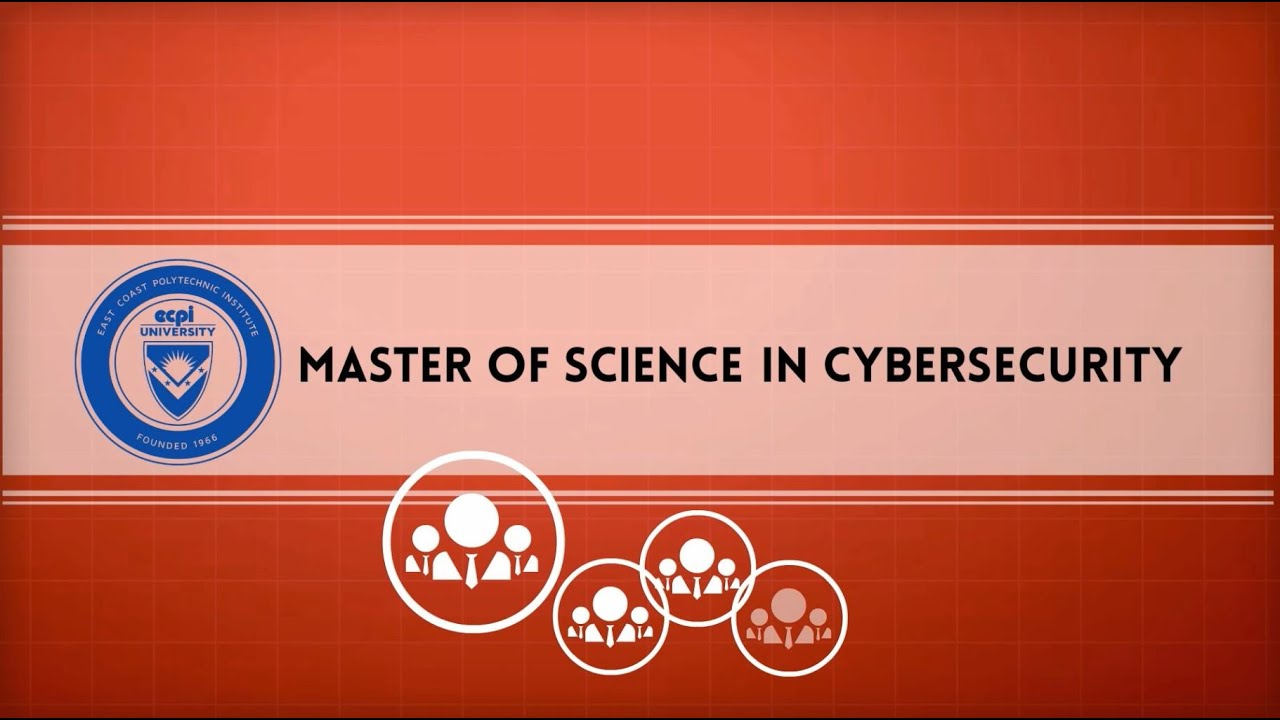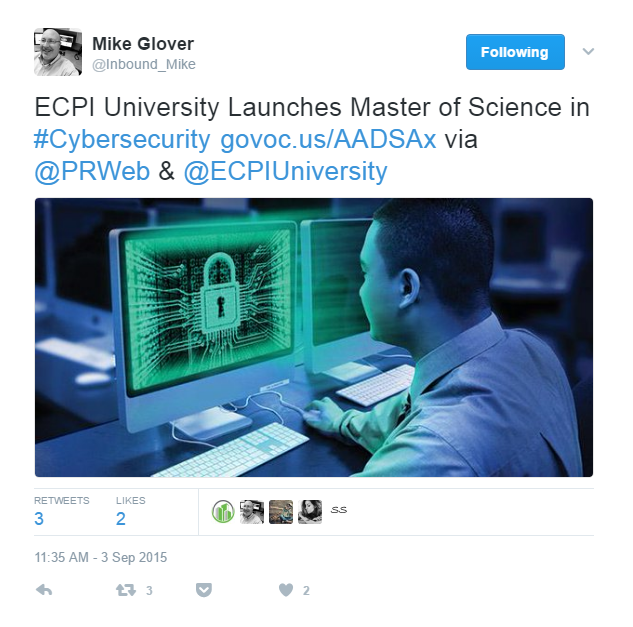Is a Master's Degree in Cybersecurity Worth it?
The Master's Degree in Cybersecurity provides a solid foundation for an exciting and rewarding future. It equips students with advanced knowledge of various aspects of IT security. In addition, the qualification develops an awareness when it comes to the context in which the field operates. This applies to the role of IT security in relation to the environment, safety, and economic aspects.
The master's degree program imparts a broad range of practical, intellectual, and transferable skills. This gives you the opportunity to develop a flexible professional future in information technology. Instructors can equip students with critical skills by combining cutting-edge practice and established theory. The lecturers are typically industry experts with years of experience.
You will generally learn how to protect information systems by installing and maintaining robust software. The majority of programs offer a thesis option. This is aimed at providing you with a chance to gain research experience. Many schools offer courses with an online element, whether they're hybrid or completely online. You might be able to select specialization options, such as wireless and networking, e-commerce, financial security, and more. Typically, a bachelor's degree is required to enroll in the master's program.
Some of the subjects covered in the coursework might include:
- Mobile information system management
- Object-oriented programming
- Mobile application development
- Information security policy and practice
- Information system security management
- Cloud computing and virtualization
- Database management systems
- Software engineering
- And more
Who should enroll for the course?
A cybersecurity degree program is typically intended for anyone with previous experience and holds at least a bachelor's degree. Depending on the university you apply to, additional requirements may include letters of recommendation, standardized test scores, and an admissions essay.
Students majoring in computer science are generally exposed to subjects, such as software design and programming as well as computer architecture and design. On the other hand, the typical cybersecurity degree coursework covers some of these topics. However, it focuses on key security aspects like IT security policy and practice in addition to information security management. The curriculum concentrates on both the practical and theoretical aspects of information security.
Continuing Education and Certification
If you are keen on continuing your education, you can pursue a doctoral program in IT security. Advanced degrees coupled with certification provide valuable experience. Software and hardware vendors offer a wide selection of information technology credentials. You can choose between vendor-specific and vendor-neutral options.
The Certified Information Systems Security Professional (CISSP) certification is a good example of a vendor-neutral option. The credential gives you an edge over other candidates on the job market. Employers looking for certified professionals place a high value on the credential.
Attending workshops and taking postgraduate courses allows you to stay at the top of your game. This is particularly vital in the ever-changing world of computer security. The courses and seminars expose you to the latest trends and technologies.
Are you ready to earn your Master of Science in Cybersecurity? If you're looking to make a difference with a post-graduate degree, ECPI University could help you get there. For more information, contact a helpful admissions advisor.
It could be the Best Decision You Ever Make!
DISCLAIMER – ECPI University makes no claim, warranty, or guarantee as to actual employability or earning potential to current, past or future students or graduates of any educational program we offer. The ECPI University website is published for informational purposes only. Every effort is made to ensure the accuracy of information contained on the ECPI.edu domain; however, no warranty of accuracy is made. No contractual rights, either expressed or implied, are created by its content.
For more information about ECPI University or any of our programs click here: http://www.ecpi.edu/ or http://ow.ly/Ca1ya.






